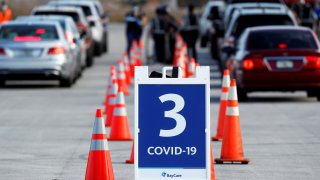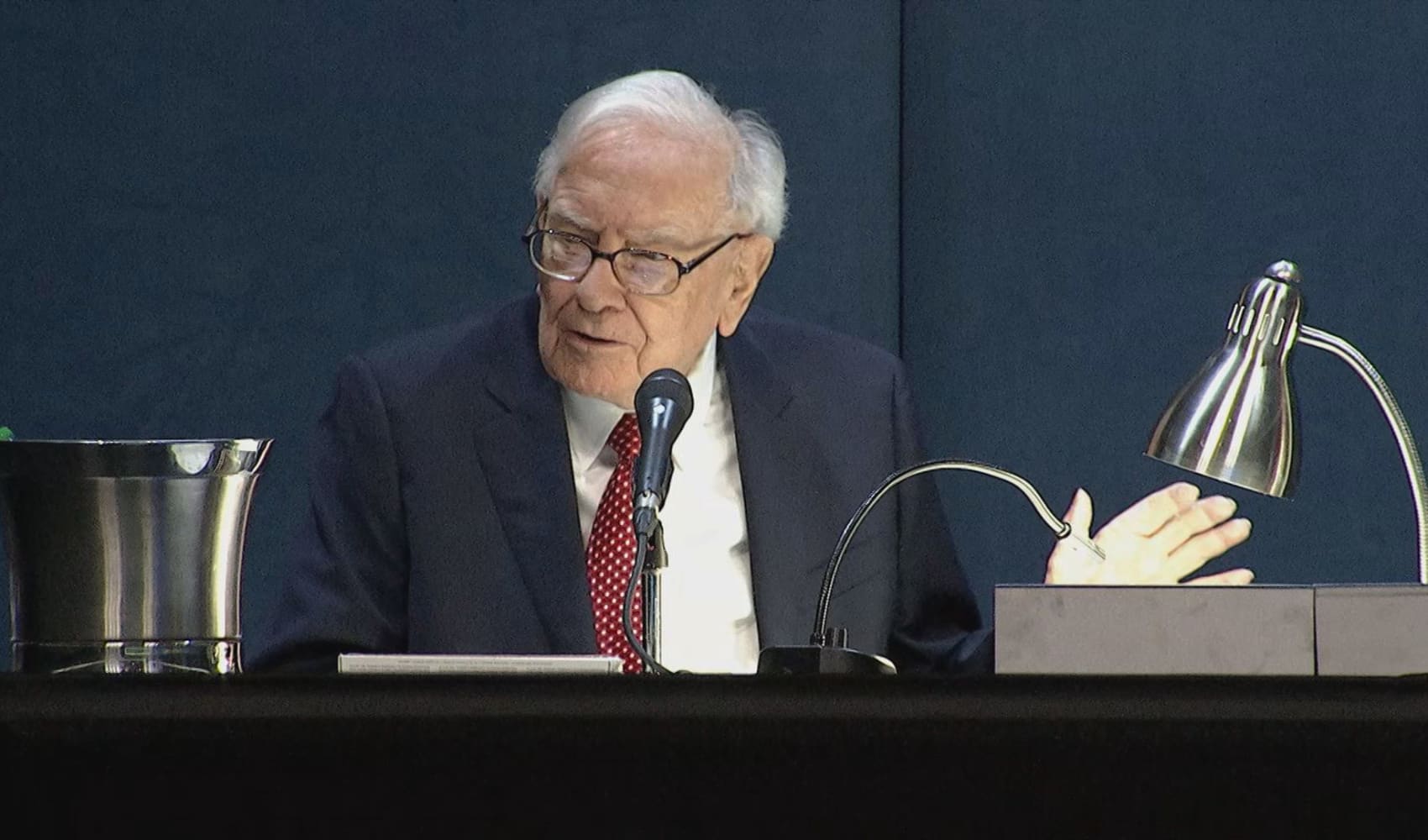
The rollout of the coronavirus vaccination program heralds what hopefully is the beginning of the end for what has been a frightful pandemic that has ravaged much of the country's physical and economic health. Yet even with a light at the end of the tunnel, Americans shouldn't grow complacent and simply wait for the pandemic to end. Covid-19 cases are surging again, and a new, more contagious variant has appeared in the U.S. Depending on the age, health status, or occupations of your household members, opting into getting a vaccine as soon as one is available could improve the financial outlook for many Americans. For the particularly hard-hit Latino community, the economic benefits of vaccination may be even more compelling.
The financial damage wrought by Covid can be felt across broad swathes of the American economy, from higher unemployment to shuttered small businesses. But vaccination, too, could have a massive impact, restoring confidence and increasing economic activity, say experts.
"We all know that lower spending and the increase in federal aid resulted in an all-time high personal savings rate in the U.S., but there was also an increase in unemployment. By getting the Covid-19 vaccine people will gain confidence on being around others, and will start spending their personal savings, and many of them will be back to work, reducing unemployment and improving our economy," says Maria Martinez, president and CEO of Border Federal Credit Union. "When you are not afraid you become a productive citizen that ultimately benefits all areas of our economy."
More from Invest in You:
Covid relief bill allows parents to roll over $5,000 in dependent care to next year
Covid is making college students rethink their 'dream job'
This family just got their second stimulus check. Here's how they'll spend it
Not all Americans have trust in the Covid-19 vaccination program, as has been documented in public opinion research, though there has been an encouraging uptick since the summer in the percentage of the population (60%) now planning to be vaccinated, according to Pew Research Center. While choosing to get vaccinated is ultimately a highly personal choice, it can also be viewed as a way to reclaim the strength of our economy and society, says Carlos Calderon, president and CEO of OAS Federal Credit Union.
"Taking the Covid-19 vaccine is more than a personal matter. It is our civic responsibility as members of a community. We need to reactivate the economy, keep businesses open so that we maintain our jobs, and most importantly, stop the spread of this deadly disease," Calderon said.
The hard-hit Latino community and vaccines
Money Report
At the peak of the Covid jobs crisis last summer, the unemployment rate swelled to over 10%. Worse, Hispanic unemployment, peaked at over 16% this summer (it has since declined to roughly 8%). Nonetheless, the unemployment rate for Latinos continues to exceed that of the general population, spurred, in part, by higher Covid rates and employment in the hardest-hit sectors. The vaccine will not only assist in reducing the public health crisis, but it will also improve Latino household incomes.
Despite the impact of Covid on the Latino community and household income, there is reluctance some Latinos feel toward the vaccine — 63% of Latinos say they plan to get the vaccine, according to Pew — and Martinez says building more trust among Hispanics is important.
"Latinos will get the vaccine if we think it's safe and that it'll be good for those we care for, since trust is a major factor for many Hispanics," she said. That is critical because the vaccine could mean, "Many of them will get back into the job market," she added.
Where to get vaccine information
Accessing credible vaccination information in Spanish is critical for many Hispanics to properly evaluate whether to get vaccinated. The CDC, American Red Cross, Mayo Clinic, and AARP all have excellent informational resources in both English and Spanish designed to help inform and educate regarding the characteristics and benefits of the vaccine.
Some Latinos may have questions about whether their immigration status will be affected by seeking a vaccine, but experts stress that immigration status is confidential in health care settings, and that health-care workers and organizations cannot disclose your legal status. Some states with large numbers of Hispanics, such as Texas and California have formally announced that immigration documentation will not be necessary for vaccination, and that the vaccine will be available free of charge to everyone. And the CARES Act ensures that everyone can receive appropriate Covid treatment and care, regardless of migratory status.
If enough Hispanic families choose Covid vaccination, it can help support the financial resilience not only their own household, but of the broader community. In making the personal choice to get vaccinated, Latinos can continue their roles as one of the economic engines of American society, Calderon said.
"For the Latin community, as the working force and the biggest engine of the U.S. economic industry, we must stay healthy. The financial wellbeing of our families here and back home depends on us. By getting the vaccine we will continue supporting our country as we have always done."
SIGN UP: Money 101 is an 8-week learning course to financial freedom, delivered weekly to your inbox.
CHECK OUT: How much money you need to save per paycheck to max out your IRA in 2021 and reach three other big New Year's resolutions via Grow with Acorns+CNBC.
Disclosure: NBCUniversal and Comcast Ventures are investors in Acorns.






